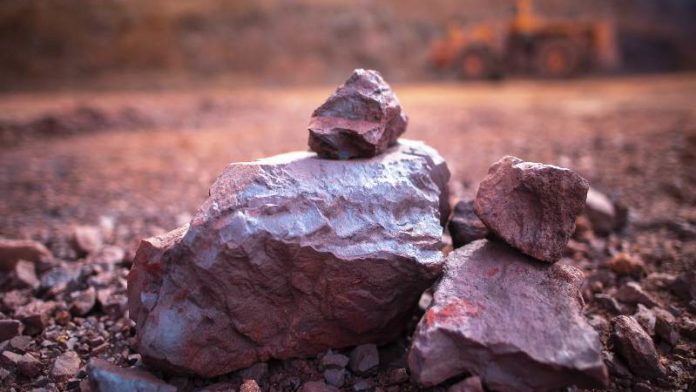
KUMBA Iron Ore is to pay 75% of interim earnings in a dividend of R22.30/share (R7.3bn) despite volatile market conditions, difficulties with the logistics chain, and cost increases.
The payout represents the top end of Kumba’s 50% to 75% of earnings range. “We are quite comfortable with the cash we will generate for the remainder of the year,” said Kumba CFO Bothwell Mazarura. Kumba closed the six months ended June 30 with R13.8bn in cash compared to R9.5bn at the close of the previous financial year.
Interim earnings were R30.04 per share, 17% lower than the half point in Kumba’s 2022 financial year. Production inched up 1% but revenue was down heavily owing to contracting market conditions for iron ore. Supply chain headaches at Transnet is not helping Kumba.
Kumba last week cut its sales forecast to 36 to 38 million tons (Mt) from a previous target of 37 to 39Mt. The reduction was due to a 3% fall in deliveries of iron ore as state-owned logistics firm Transnet continued to toil.
It also reduced capital expenditure by up to R2bn following the rephasing of its Kapstevel South project.
Mpumi Zikalala, CEO of Kumba said today that while the iron ore export line performed better than other rail routes operated by Transnet “it still remains a challenge”. An attempt to cooperate with Transnet to improve efficiencies had yielded “some successes” but a series of derailments interrupted exports for seven days.
Electricity outages at the Saldanha Port had also hindered exports. Kumba said today it had reached an agreement that the Ore Users Forum absorb outages instead of the port.
It was one workaround South Africa’s infrastructure limitations while direct shipping was another. “We have mastered the art of supplying the customer”, said Zikalala when asked if Kumba was concerned it might fail to deliver into contracts.
According to RMB Morgan Stanley, Kumba has also absorbed a large tariff increase of about 7% despite the lower volumes.
Overall, cash costs increased 7% year-on-year to R504/t drive mostly by inflationary pressures and the lower capitalisation of deferred shipping costs. For the financial year, unit costs are forecast to increase 13%. According to a report by Citi this suggests a 65% unit cost increase in four years.
From a market perspective, Kumba reported a year-on-year $30 per ton decline in realised prices which averaged $106 per wet metric ton, slightly above the $102/t benchmark price. Slow economic growth in China despite stimulus efforts were to blame.










